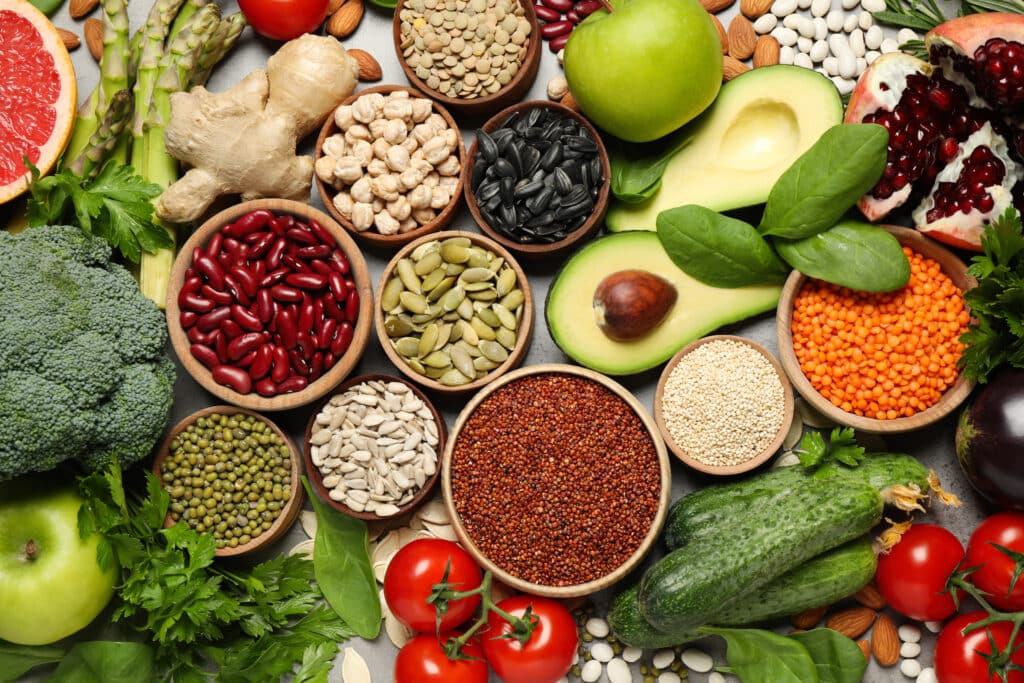
Healthy, Climate-Friendly Food
Healthy, Climate-Friendly Food
Foodservice operations in schools, hospitals, universities, businesses and restaurants supply nearly half of all meals in the U.S. By redirecting their massive purchasing power, these food establishments have a huge opportunity to help us transition to a healthier, more sustainable, and equitable food system
What is climate-friendly foodservice? Healthy, climate-friendly foodservice achieves a lower carbon and water footprint than traditional foodservice by offering a wider array of healthy, plant-based and plant-forward foods. It also cuts emissions by reducing overall food and packaging waste, sourcing from farms that use carbon-enhancing, healthy soil practices and implementing recycling and other energy and water saving measures.
Climate-friendly food also supports public health goals and has the potential to save lives and billions of dollars in healthcare costs. There is widespread consensus amongst public health organizations that eating less meat, especially processed and red meats, can reduce the risk of diet-related illnesses such as heart disease, cancer, and diabetes.
Our Focus
Over-production and consumption of industrially produced animal foods is unhealthy and unsustainable for our planet. Animal products are the most carbon- and resource-intensive foods in our diet. A report forecast that if current consumption trends continue, the livestock sector will account for 81% of global GHGs by 2050, “making it virtually impossible to keep temperature increases below dangerous levels past 1.5˚ Celsius.” This is a threat with severe consequences and a clear solution: We must dramatically reduce production and consumption of meat and cheese in favor of regenerative agriculture and plant-based foods.
Building on our 2015 U.S. Dietary Guidelines campaign, the Healthy, Climate-Friendly Food Campaign focuses on leveraging public and higher education food policies and purchasing dollars to drive market shifts and consumption toward fewer and better animal products and healthier, plant-forward, sustainable food. Our work focuses on:
- K-12 school food
- Municipalities (cities and counties)
- Higher education institutions through the Real Meals campaign
Media
Resources
Ways to Support Our Work

Read Latest News
Stay informed and inspired. Read our latest press releases to see how we’re making a difference for the planet.

See Our Impact
See the real wins your support made possible. Read about the campaign wins we’ve fought for and won together.

Donate Today
Help power change. It takes support from environmental champions like you to build a more healthy and just world.

